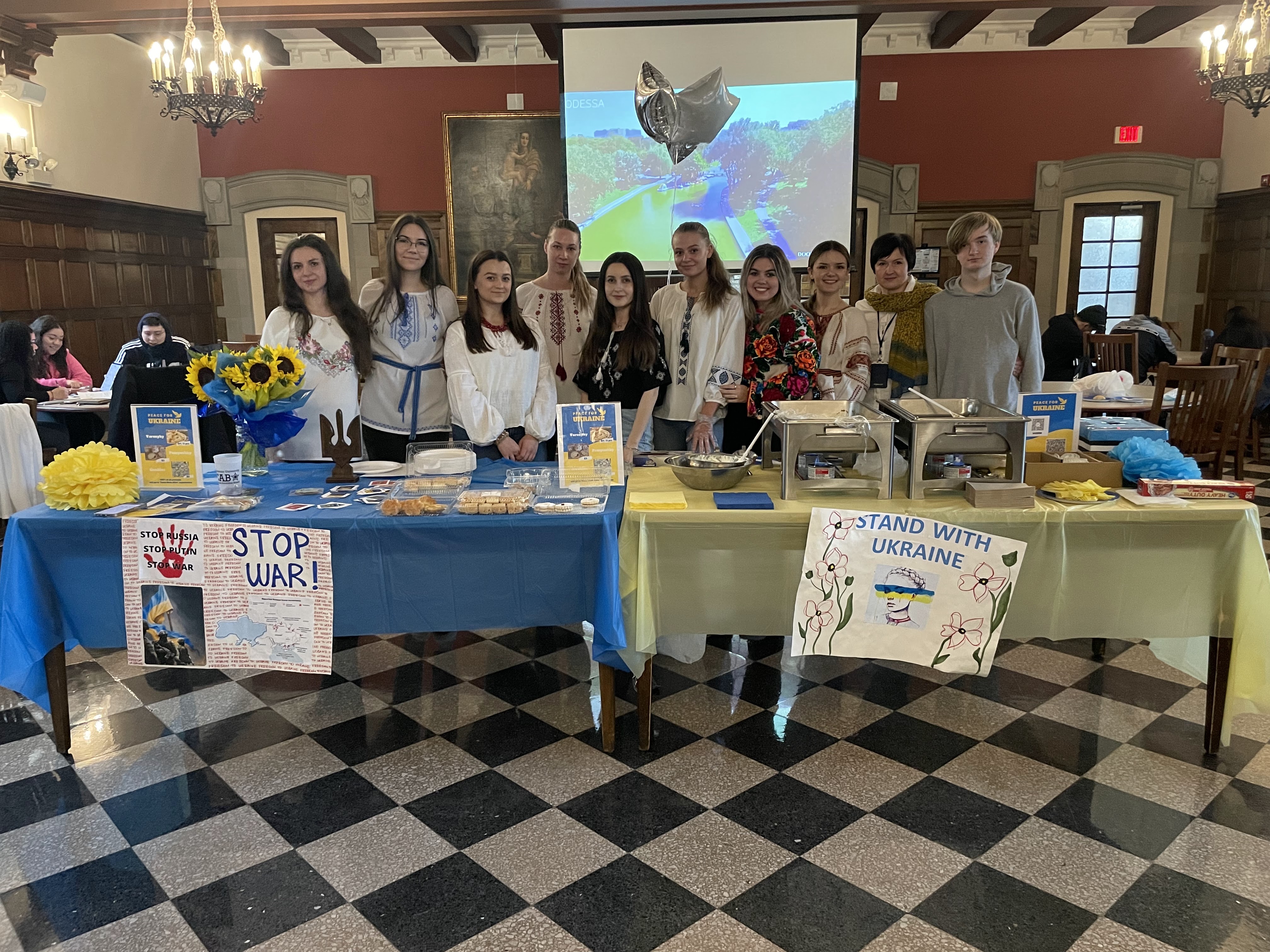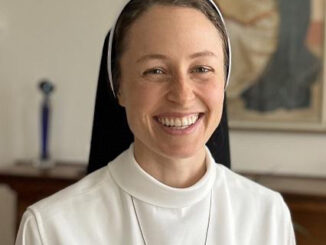
Azhley Rodriguez
Editor-in-Chief
Throughout the fall semester, the Office of Diversity, Equity and Inclusion (ODEI) has been working on improving campus climate, encouraging members of the DU community to speak out on their experiences.
Precious Porras, ODEI vice president, has been at Dominican since March 2021. She has dedicated her time at DU to improving campus climate and educating the community on social justice issues.
“I think campus climate is not great, and there’s probably a better way to say that but it’s glaringly obvious there is more work we need to do,” Porras said.
At the beginning of the semester, the Star reported on an assault of a faculty member of color. This incident sparked conversation among the DU community with members voicing their concerns on campus climate.
During the annual Caritas et Veritas Symposium on Sept. 20, Leticia Villareal Sosa, associate dean of the College of Applied Social Sciences and a professor in the School of Social Work, was presented the Sister Clemente Davlin Diversity Leadership Award for her diversity work at DU.
Her acceptance speech included jabs at university leadership to encourage them to work harder to support their minority employees: “Getting this award and being on this stage makes me a target for violence. Either psychological or physical, especially in a national context that has empowered people to act out or verbalize their racist ideologies, and a campus culture that has historically not held people accountable and has been more than willing to let people of color leave the institution rather than address the issues. “
“This national context combined with our local campus climate, leaves our faculty and staff of color to feel afraid. “
“Our campus fails to name racialized violence especially when it’s psychological but unfortunately sometimes even when it’s physical. We have a campus where calls to develop programs using racial consciousness or attempts to interrupt white supremacy are often met with white fragility, denial and justification for a continually racially blind approach,” she said in her speech.
In a later interview with the Star, Villareal Sosa further explained her experience with campus climate.
“Speaking for me, when I hear ‘relationship-centered’ or things about mission, those are reminders of the inequities, and a very hostile campus climate. My journey and my story at Dominican has been, I would say, really traumatic. I have dealt with a lot of institutional violence,” Villareal Sosa said. “I think I often feel tokenized as the first Mexican-American Latina who has gotten to full professorship at the university.”
Villareal Sosa hopes for a change on campus and throughout the semester, Porras’ office has implemented programs to support the DU community.
“Whatever the climate was before I got here, it still is,” Porras said. “I saw those things and my office has been trying to address climate issues for future steps. We created affinity councils for faculty and staff, we worked with TRHT [Truth, Racial Healing and Transformation] and they’ve continued to do their racial healing circles so there’s space for folks to engage in conversation if something happens so we can respond as they happen.”
“For folks to do their own work, we have JEDI: Justice, Education, Diversity and Inclusion training for staff, white accountability groups for staff, and moving forward we’re going to do bystander intervention,” Porras said. “We have training for Title IV and responding to sexual harassment that will be mandatory for faculty and staff, and I’m developing a larger campus plan for students.”
ODEI started bystander intervention training after faculty and staff told Porras they don’t know how to respond to problematic situations.
“In a conversation with staff and faculty, it became evident that faculty — and I know it’s true for staff and students — needs some tools for how to respond in those situations,” Porras said.
She also addressed concerns for lack of communication between administration and the DU community when events occur, looking ahead to improve mass communication.
“We’re working on better and more transparent communication to the campus. We’ve had multiple conversations in cabinet, including a debrief to talk about how we could have responded better,” Porras said.
“We realized there were some gaps, and we missed some things, so that allowed us to understand where some pieces were missing in our own internal structures. When you ask, ‘how did we get here?’ it’s because we don’t hold folks accountable for behaviors connected to micro aggression, bias and discrimination.”
Arodriguez2@my.dom.edu



